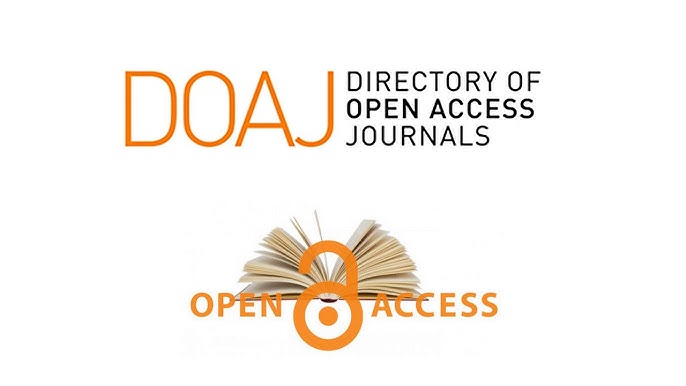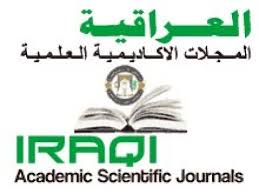Turkish Economic Diplomacy: Employing Economic Resources in Managing Regional and International Conflicts
Abstract
This research explores Turkish economic diplomacy and its role in addressing regional and global conflicts. It traces the evolution of Turkey's economic influence at both regional and international levels, emphasizing the shifts in foreign policy following the rise of the Justice and Development Party (AKP) to power. The analysis includes the AKP's approach to economic diplomacy, key institutions, and mechanisms employed. The study extensively examines the tools of Turkish economic diplomacy, such as developmental and humanitarian aid, foreign investments, free trade agreements, and trade diplomacy. It focuses on how these tools have been strategically used to manage conflicts in regions like Syria, Libya, and the Eastern Mediterranean. The research highlights Turkey's strategic use of economic resources to shape outcomes in these areas and enhance its regional presence. Furthermore, it addresses internal economic challenges, regional political tensions, and international competition as obstacles to Turkey's economic diplomacy. By assessing its successes and shortcomings, the study evaluates the extent to which Turkish foreign policy objectives are met through this approach. Lastly, it offers insights and recommendations for enhancing Turkish economic diplomacy in the face of evolving regional and international dynamics.



